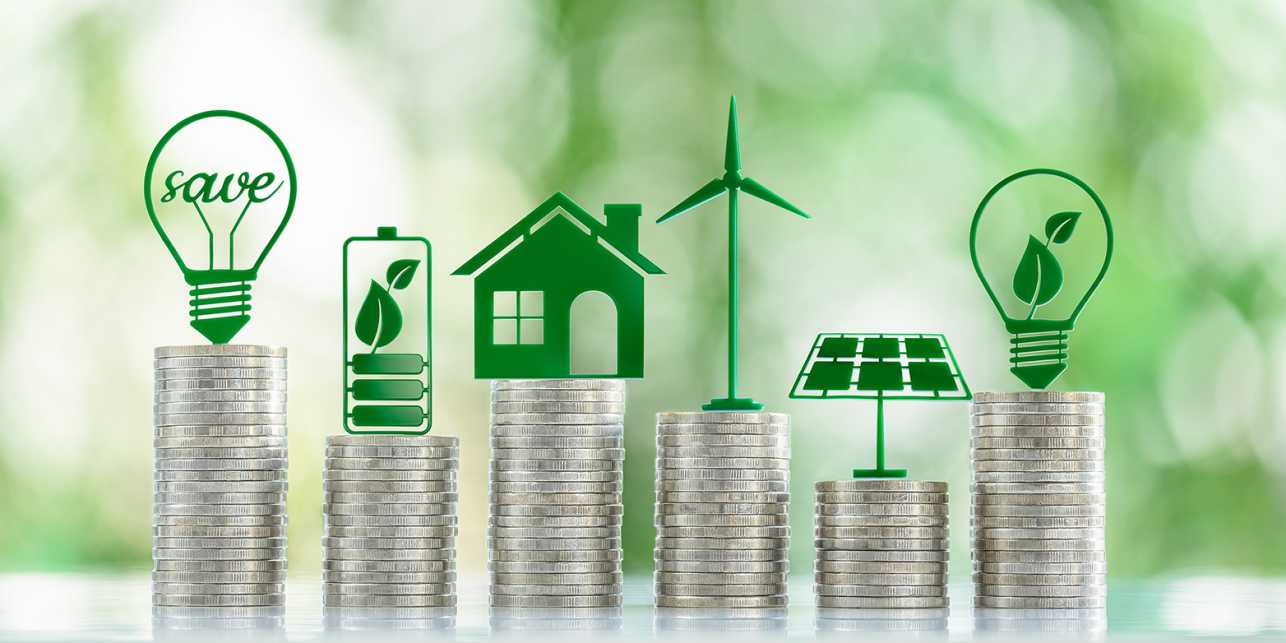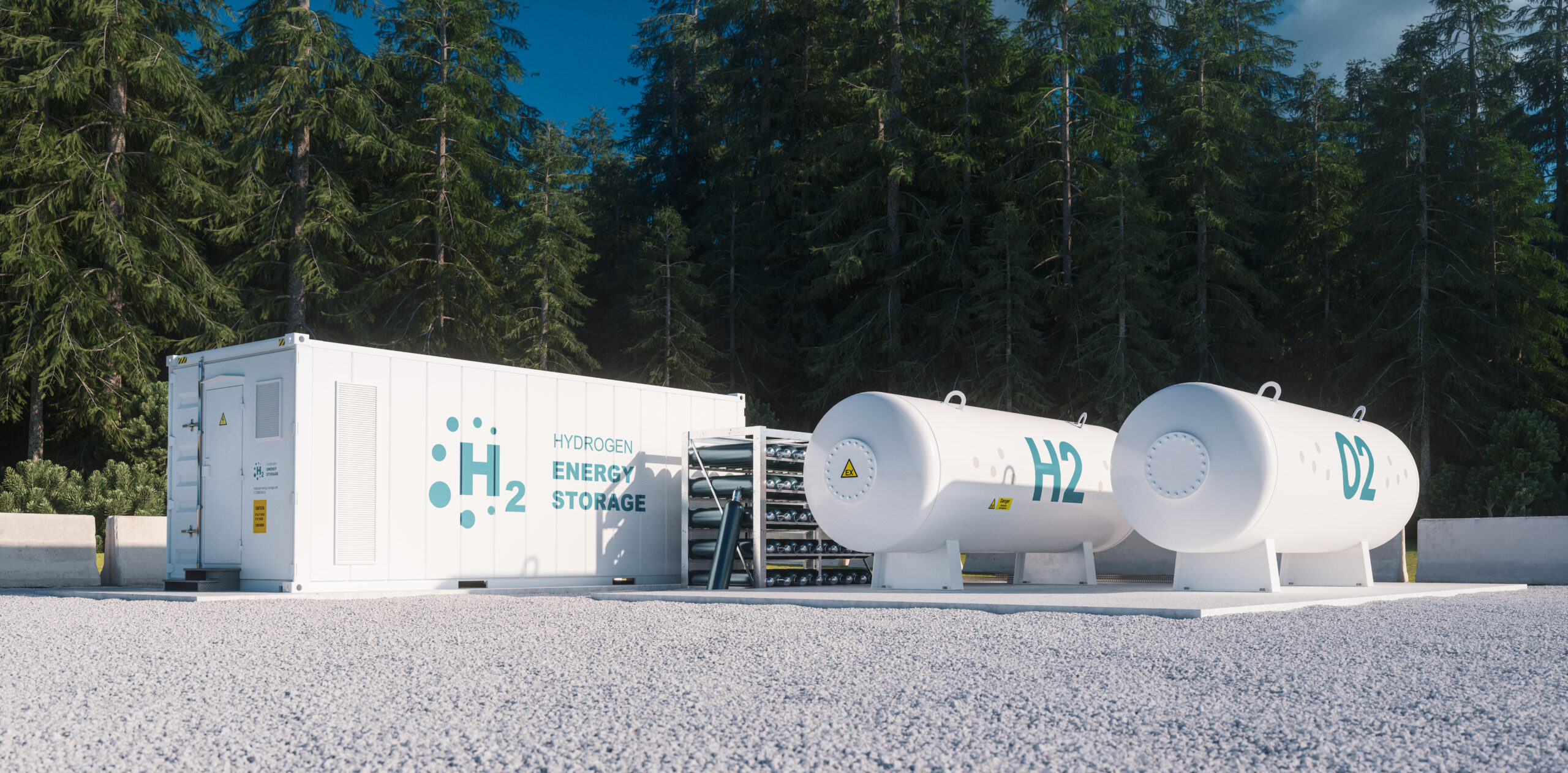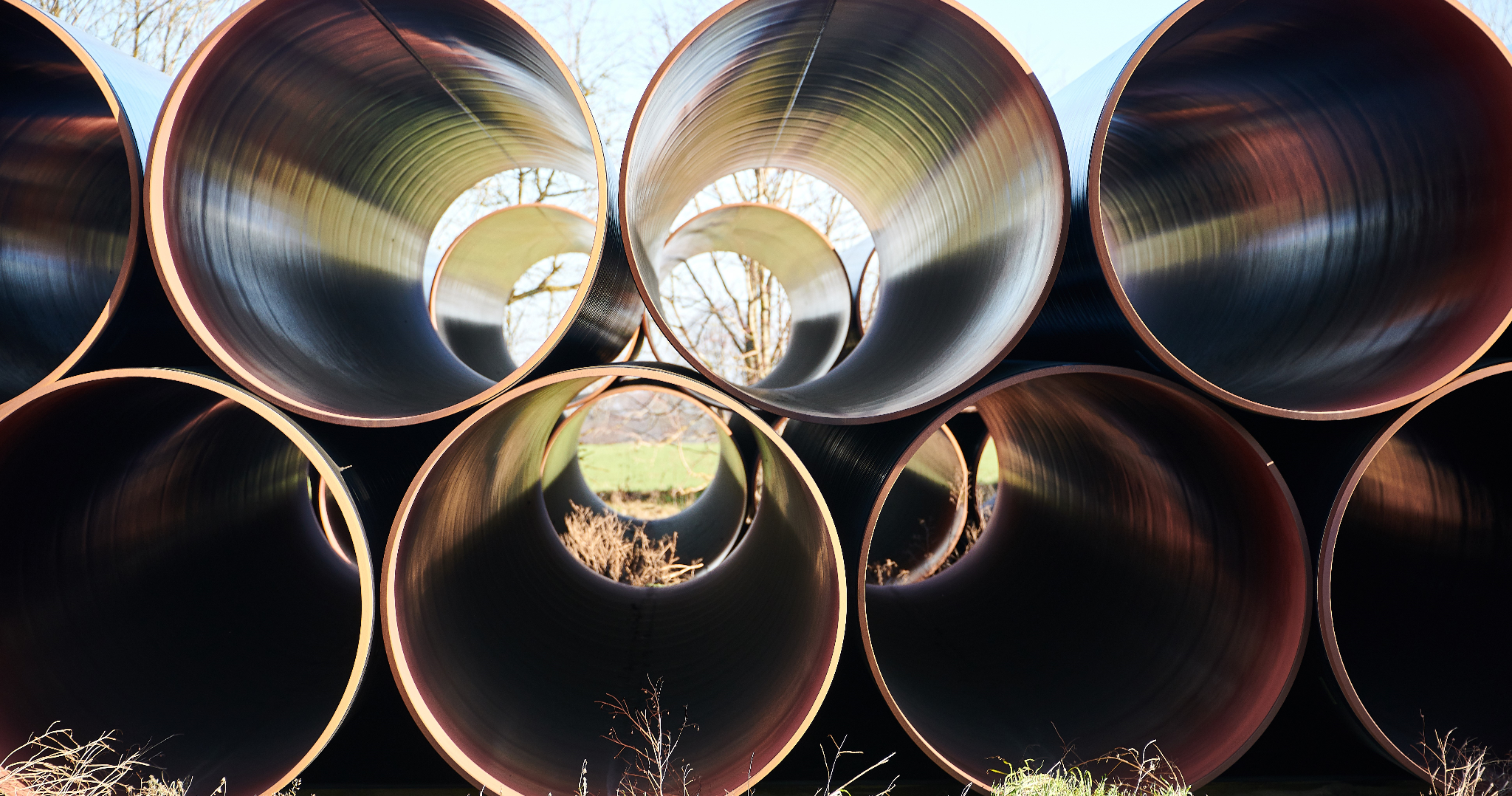Uncategorized
-

Security of electricity supply: Can the industry sector fix the Swiss winter deficit?
Security of electricity supply and electricity costs have become major business concerns for the Swiss industry sector. On the current trajectory towards a clean energy system, situations in winter with reduced availability of electricity followed by soaring prices may occur more regularly. With Switzerland establishing a strategic reserve to overcome electricity shortage situations, we argue…
-

Tackling the energy crisis in Europe is a common effort
The secret to getting through the energy crisis is that everyone in Europe does their part. And a bit of luck. In this blogpost, we highlight some preliminary results from our investigation of the gas shortage in Europe – because winter is here but Russian gas is not. We model the optimal response to the…
-

Climate protection benefits the economy
While the economic impacts of climate policy are generally perceived as costs, Anthony Patt proposes the opposite perspective. For Switzerland, converting the energy system and reaching the net-zero target may net benefit the economy, he finds.
-

Did you know that access to electricity is not recognized as a universal human right?
Electricity consumption is closely and positively related with global economic and human development across different geographical, social, and cultural contexts. As a Sustainable Development Goal (Goal 7: Ensure access to affordable, reliable, sustainable and modern energy) and as an integral part of the water-energy-food nexus, access to electricity is vital to our individual and collective…
-

Context matters and electrification models should reflect it
This blogpost discusses a key shortcoming in electrification models used by policymakers and international organizations to chart electricity access pathways in sub-Saharan Africa – unrealistic financing cost assumptions. We highlight why this often overlooked flaw in electrification models could slacken efforts to reach universal electricity access by 2030 and highlight why it matters.
-

Is there a role for blue hydrogen in a green energy transition?
The global energy transition requires a dramatic shift towards renewable and low-carbon energy technologies. Hydrogen is one of these and can be used to store intermittent solar and wind power. As well as being produced from green electricity by electrolysis, it can also be manufactured by capturing and storing carbon dioxide during the conversion of…
-

Energy system modeling studies lag behind policy making
Up until now, energy system modeling using bottom-up capacity expansion models has primarily focused on investigating cost-optimal transition pathways of national energy systems. Now that the transition is accelerating, it is time for this modeling community to start investigating the question of “How do we get to net zero?” by focusing more strongly on how…
-

Why we should change the way we environmentally assess building retrofits
Building retrofits are increasingly assessed from an environmental perspective. Standard assessment methods, however, largely do not consider future developments and fail to take into account the state of climate emergency where the time horizon is substantially shorter than the expected building lifetime. Therefore a more forward-looking analysis is required. Including global warming, electricity decarbonization, and…
-

Two key ways Switzerland can promote electricity access and take climate action in low-income countries
Earlier this year, the Swiss Agency for Development and Cooperation (SDC) organised the first International Cooperation Forum in Geneva to address poverty and climate change. We highlight our key takeaways about electricity access from the event.
-

Making gas network regulation fit for decarbonization
To meet our global climate targets, the use of gas distribution networks will likely decline over the coming decades in Europe. Current gas price hikes and shifts away from Russian supplies will accelerate this transition. Under current regulation, however, lower network usage leads to increasing network tariffs, and to customers paying for potentially redundant infrastructure.…